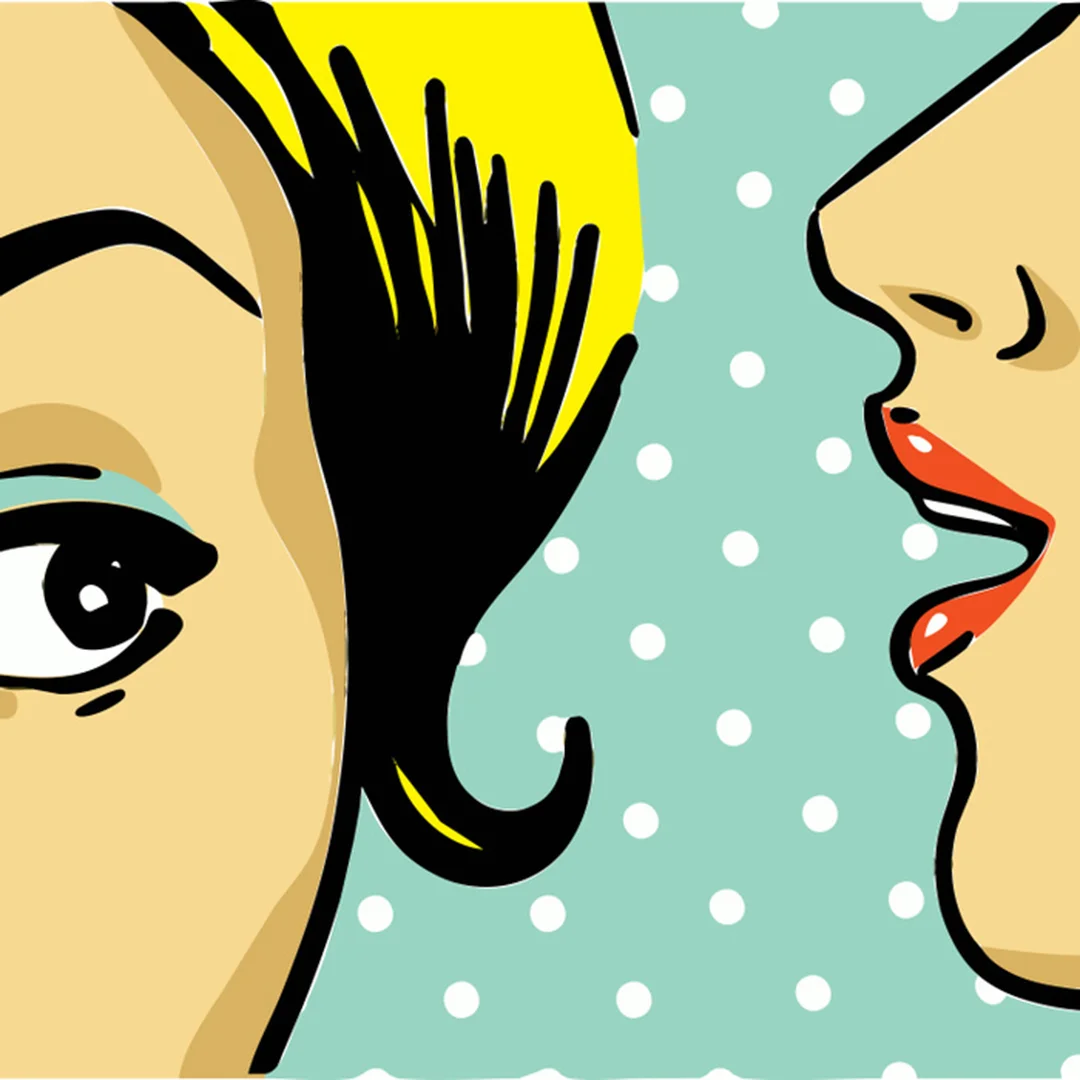The Lost Art of Listening Part 3: Getting Through to Each Other
The Lost Art of Listening Part 3: Getting Through to Each Other
I would like to stress again the importance of listening to the people in our lives. If you want a selfish reason to do it, then here it is: really hearing what people say and feel will add depth to your relationships and enrich your life!
So here are the basics. Listening to others requires our full attention: we must not only hear what people say, but appreciate and affirm who they are. And it doesn’t begin with a set of techniques, but with a sincere effort to make someone a priority and to thoroughly listen to them.
Change always begins with that crucial first step, which in this case is the decision to tune in when a person speaks and to focus on what they have to say. We’ve all had conversations where we broke into someone else’s sentence (and train of thought,) creating an awkward moment. The next time that happens, stop and ask yourself, “What did I just do?” You weren’t listening; you were interrupting with your own thoughts and taking the conversation in the direction that you wished to go. We all do it, but it’s not pretty. At that precise moment, we need to stop, step back and really listen to the other person.
Truly understanding each other, (the most effective communication,) is a give-and-take process. We listen to them. They listen to us. Most people aren't interested in your ideas and beliefs until they believe that you have acknowledged theirs first.
Be watchful of your response as you listen to others. Giving cues that you’re not listening (such as no eye contact on your part,) can make conversations awkward and unsatisfying. Nod your head, lean forward and keep your body language open to let the person know that you are listening. Listen without judgment, so the other person feels safe to truly say what is on their mind.
When initiating a discussion, it's important to suppress your own agenda. If you feel defensive or impatient while the other person is speaking, control the impulse to interrupt and return your focus to actively listening.
Remember that empathy is the essence of good listening, and listening is a quiet and active process. When the person has finished speaking, rephrase what he/she said as an invitation for more details. One way to receive the listening you need is to tell others what you'd like them to do, "I have an important decision to make, and I need your advice," or "I'm really upset and need to vent to someone. Just listen, okay?"
Depending on the subject, listening can trigger an intense emotional reaction. We can get defensive and begin to assume things from our own experience. We're all insecure to some degree, but empathy helps ease the defensive reactions.
Effective communication requires the mutual understanding and efforts of both parties, and simply taking turns listening and telling our side isn't enough. Something that is often overlooked is that feelings are real to the person feeling them. Feelings are neither right nor wrong, and if their feelings are different than ours, it isn’t any less relevant. When misunderstandings are expressed as angry feelings, it's important to hear them out
One of the best ways to diffuse a potential emotional outburst is to allow a person to express their feelings to someone empathetic – someone who will accept and acknowledge their experience instead of denying it.
Listen to those around you and you will learn how your son really feels about playing softball, how your husband feels about entering midlife, and how your aging parent feels about downsizing to an apartment. It will add depth and richness to your relationships. Start practicing today!




